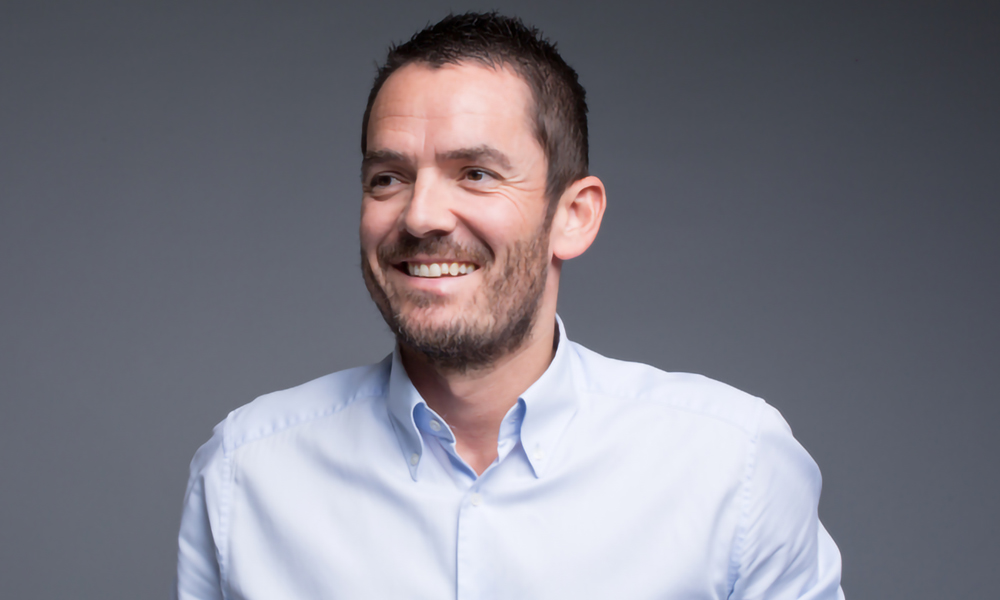What is a zero-carbon city, you ask?
At its core, if a city can achieve a zero-carbon status, it must cause no net release of carbon dioxide into the atmosphere. So, for all the carbon dioxide a city creates day to day, it must also be creating the same amount of clean air to cancel it out. The smartest way to do this is to ensure a city is releasing as little carbon dioxide as possible through the introduction of sustainable buildings, infrastructure, commercial space and vehicles.
The Abu Dhabi Masdar City project is an excellent example of how a zero-carbon city might look in the Middle East. Although not totally zero-carbon, it has been designed and built with the purpose of having a carbon output as low as possible while still attracting residents and visitors. All the buildings in the city are built at the perfect angle to generate the most shade throughout the day; it has advanced materials in all of it structures that allow the buildings to breathe and control temperature, they prioritise walking and cycling over their public electric transport.
Masdar City has retail, office space and dining facilities all designed to consume 40% less energy and water than an average city and it has plans to grow one neighbourhood at a time adding schools, parks and housing for up to 90 thousand people.
A zero-carbon city is idyllic and a good partial solution to our looming global warming crisis, however, is it genuinely achievable?
Energy consumption is currently unavoidable, and with technology becoming more and more prevalent in our everyday lives, that won’t be changing anytime soon. With the level of comfort we all insist on it is very difficult to avoid a carbon footprint; unlimited clean warm water, 20+ electrical items in the average home and access to any food we want regardless where in the world it is grown and transported from will continually add to the release of carbon dioxide we pump in to the atmosphere each year.
A switch to automated vehicles and a fully automated road network feels like a good start in achieving a decrease in carbon emissions, after all cars currently produce an average of 4.75 metric tons of carbon dioxide emissions per passenger, however, we will still need to power automated vehicles and the satellites that will keep our vehicles on course, and this power comes at a cost.
Currently, 92% of the global population live with unhealthy air and cities are increasingly having to think of innovative solutions to disappearing green space – introducing roof gardens, plant-filled buses and grass lined cycle paths, but what more can we do? After all, our need for green will not change, not only is it an effective natural tool to fight pollution and reduce the effect of carbon on our planet, it is also good for our communities. Green space draws us in, inspires us, fosters productivity and encourages social contact; with loneliness predicted to be the next big killer, this is more vital now than ever.
We clearly need to address our climate crisis now in order to give future generations the best chance to truly thrive, but how can we plan for that now?
We can encourage developers to use smart grids, or at least make their buildings easy to retrofit with smart grids. We can encourage the use of advanced materials, which currently tend to get left behind in favour of the traditional and trusted concrete. We can ensure our roads can adapt and facilitate automated vehicle hosting systems. We also need to consider how we can satisfy the need for green space, how we can offer access to local produce and how we can encourage our communities to use sustainable public transport.
So, is a zero-carbon city achievable?
Currently no, if we expect to have the same standard of living that we currently do in our cities, then we can’t expect to be zero-carbon.
Perhaps if we forgo tropical fruit & veg, personal transportation and half of our technology it could be possible but hope is not lost, climate change is climbing higher on the global news agenda with each passing day, and sustainable solutions have increased tenfold in recent years – a trend that will only continue. It isnt unrealistic to think that one day we will get there, but we need to start planning for that now and discover how best we can maintain our expectations for comfort and advancement with the need for clean air, green spaces and sense of community.
You can find Mark Farley, director of Building Services, WSP at: https://www.linkedin.com/in/mark-farley-47991211/
More thought leadership content from WSP in the Middle East can be found on: www.wsp-anticipate.com



